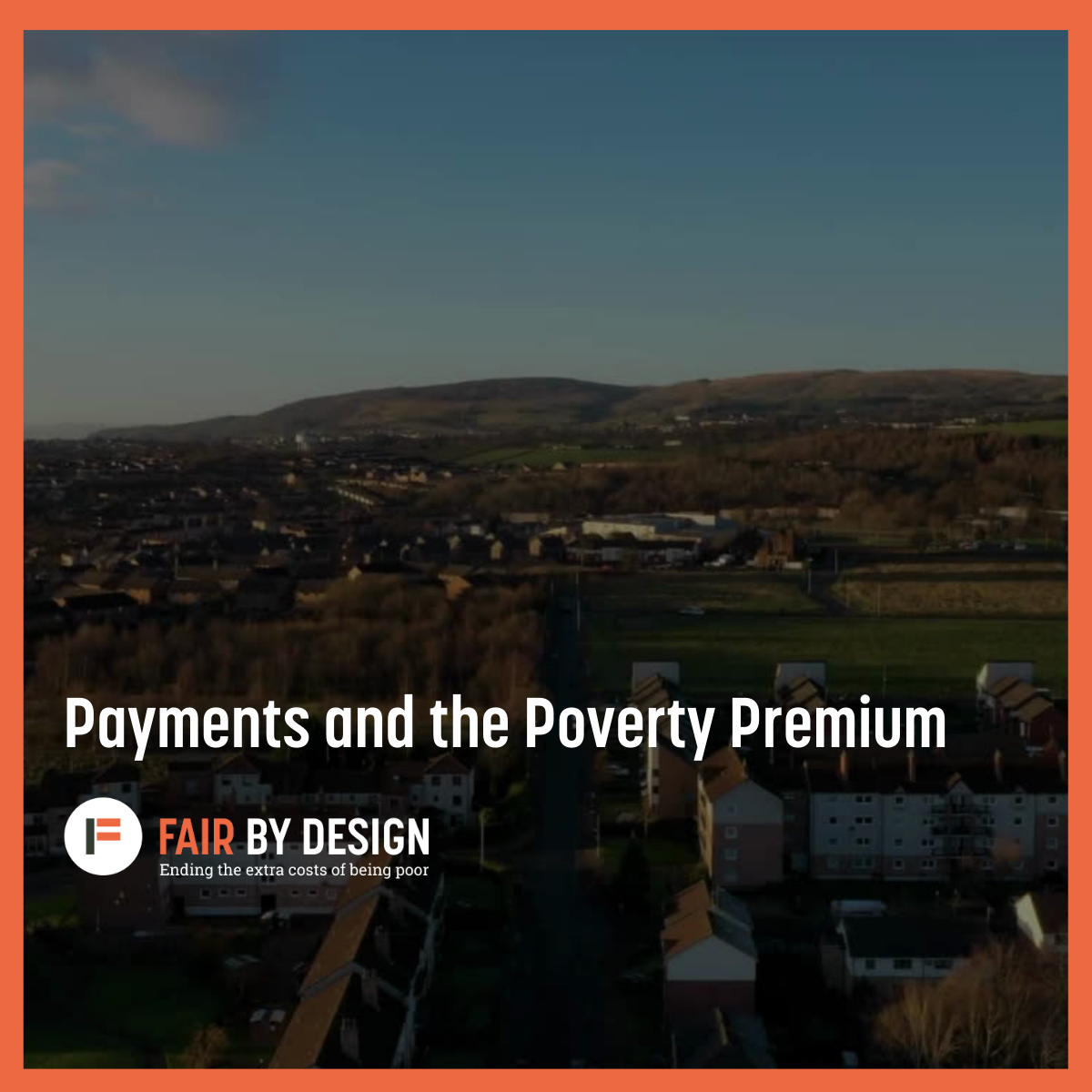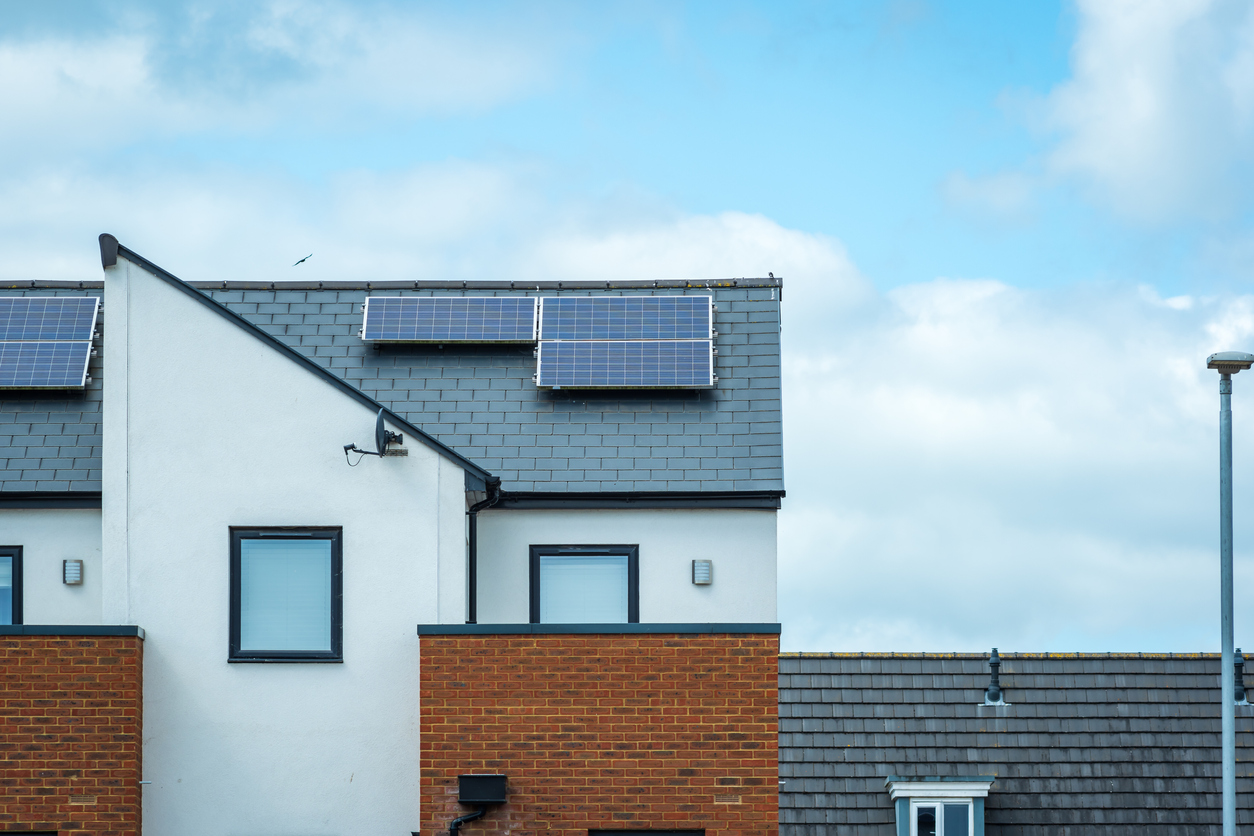By Maria Booker, Head of Policy, Fair By Design
Today, the energy regulator Ofgem has announced a change to its energy price cap for England, Wales and Scotland. This means annual household energy bills will fall to £2,074 a year from July – a drop of £426. The cap replaces the Government’s price guarantee, which, since October, has limited the typical bill to £2,500.
This is welcome news to consumers on low incomes who have been struggling to make ends meet ever since the onset of the energy crisis. However, it coincides with an end to the £400 universal Government support provided over the winter, meaning that in practice many will not notice the difference.
However, high energy prices are not the only problem in the energy market. A couple of weeks ago, Fair By Design and Poverty Alliance ran two focus groups to explore how people on low incomes feel about how they pay for their energy now and potential changes in how they may have to pay in the future. The main message coming across loud and clear is that there is a lack of trust in the way that the energy sector currently works.
Simon (not his real name) spoke for many when he urged people “to take back control” from the energy companies. Simon switched from paying by direct debit to paying when he receives the bill about six months ago “because he doesn’t trust the companies to have his bank details” having heard that energy companies were adding extra amounts to direct debits without even asking people.
Energy suppliers have given people like Simon good reason not to trust them. The scandal of contractors breaking into people’s homes to install prepayment meters, or even suppliers remotely switching vulnerable households to prepayment mode has demonstrated a complete lack of integrity. Ofgem has been criticised for being slow to hold these suppliers to account.
There is still much more for the energy suppliers to do to improve the way they treat their customers, particularly vulnerable customers. Anne (also not her real name), who has a long term health condition, described how she had a smart meter installed in November so that she could top up her prepayment meter online rather than having to walk to a shop. However, the smart meter has not worked since, despite Anne chasing the energy supplier constantly. Anne described her complete terror at facing a large bill at some point down the line, without any means of checking whether it is accurate or not, which she will then have to work out how to afford.
There is also a growing issue over transparency. Ofgem is currently looking at whether they should continue their current “cost-reflective approach” which has meant that up until now people who don’t pay by direct debit (a higher proportion of whom are on low incomes) pay a “premium” for the way they pay. In part, this is to incentivise them to move to direct debit. Yet 75% of those paying when they receive the bill had no idea that they paid extra for this, according to research conducted by Octopus earlier this year. Participants in our focus groups were visibly shocked that the premium for paying on receipt of bill is over £200 per year. How can consumers make an informed choice if there are not aware of the premium they are paying?
It’s also not clear to many, particularly those on prepayment meters, why a significant proportion of their money gets swallowed up in standing charges before the lights will even go on. One focus group participant described how she was still paying these standing charges for gas even though she had been told it was unsafe to use any of her gas appliances.
The lack of transparency and trust should be a wake–up call for all those in the energy sector from Government through to suppliers. We heard from individuals who already felt that smart meters were being “foisted on them”. Yet smart meters are just the start of a large programme of investment and change in the energy infrastructure required to reach an electrified and net zero future. If we are to carry consumers along on this tide of change, trust will need to be rebuilt. A good place to start would be with ending the premium for different payment methods. Fair By Design is calling for a simpler and more transparent system of tariffs, where no one pays more simply due to the way they pay.





